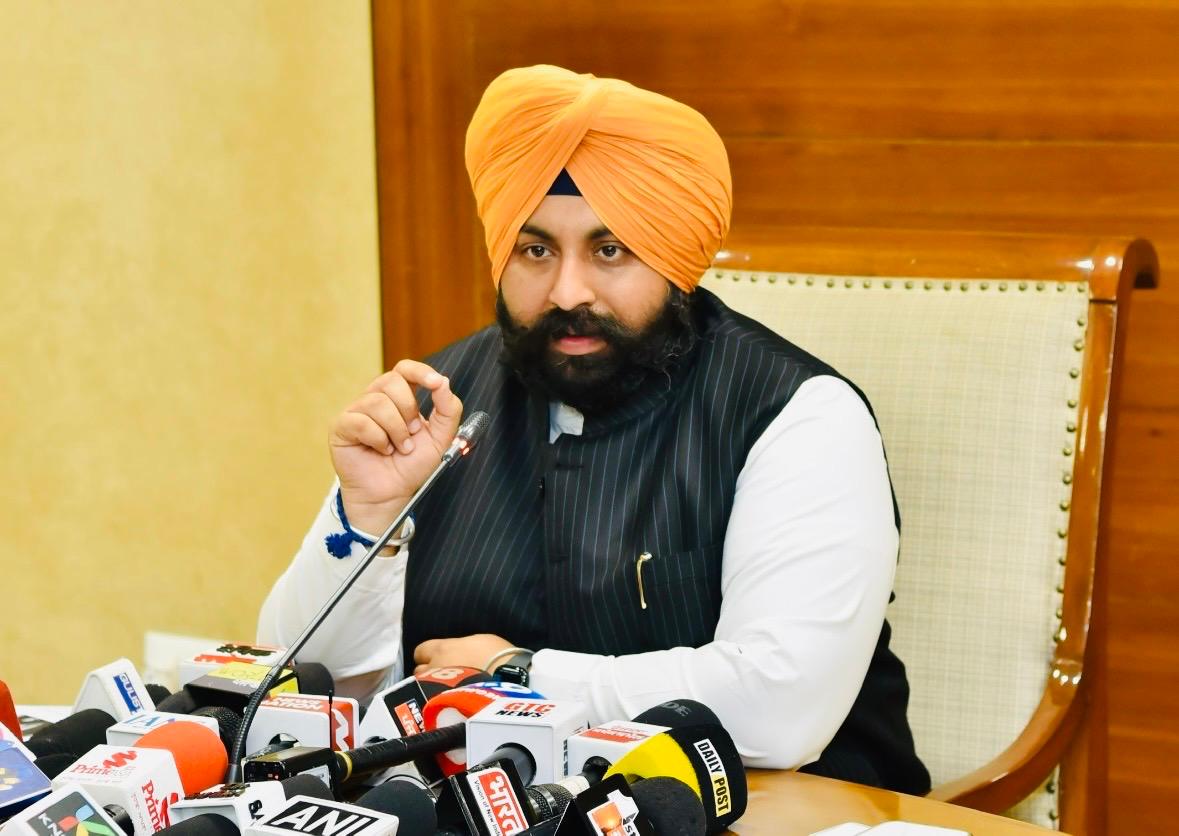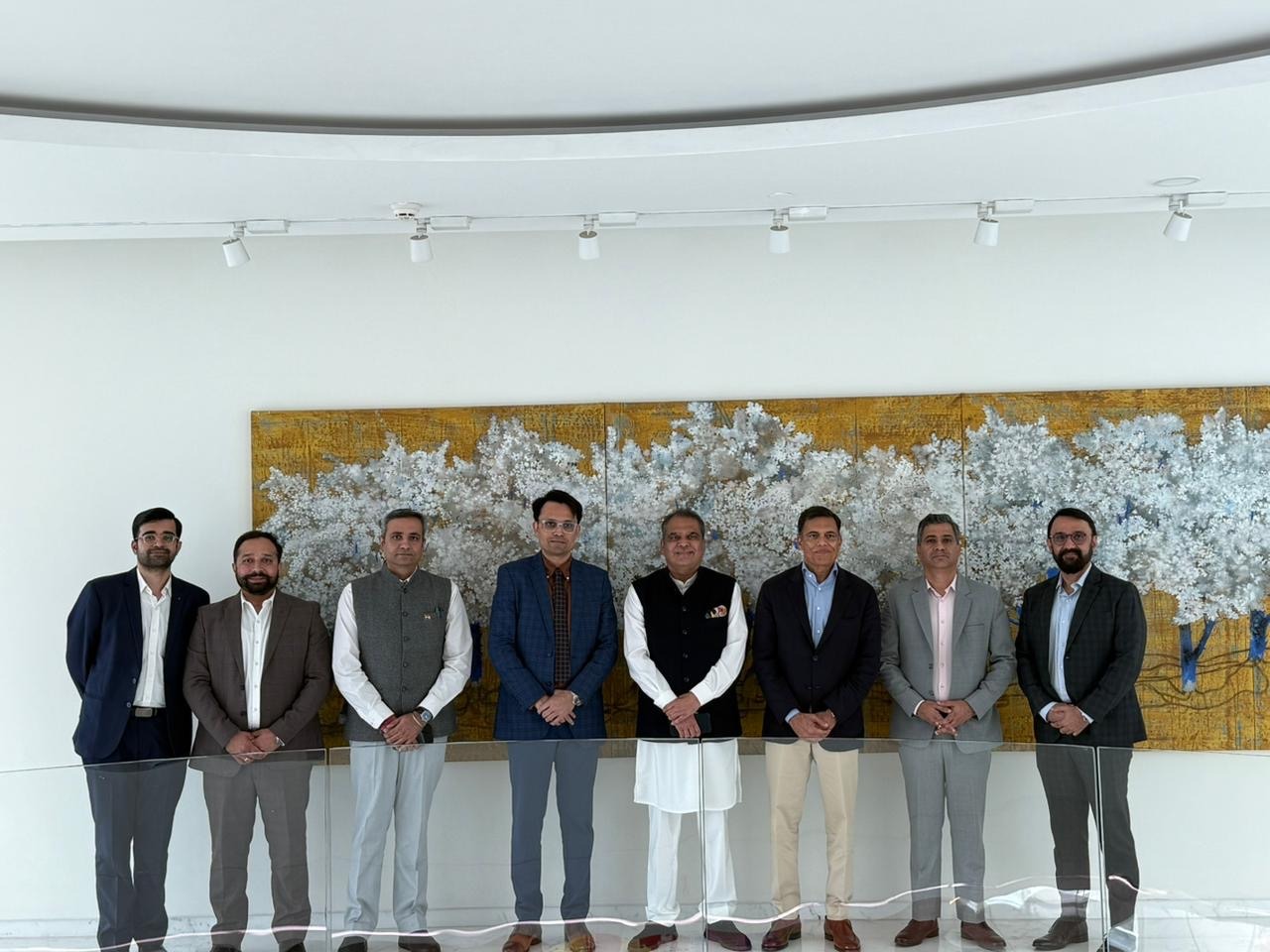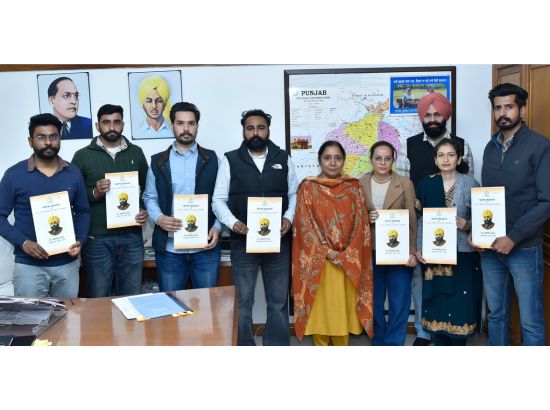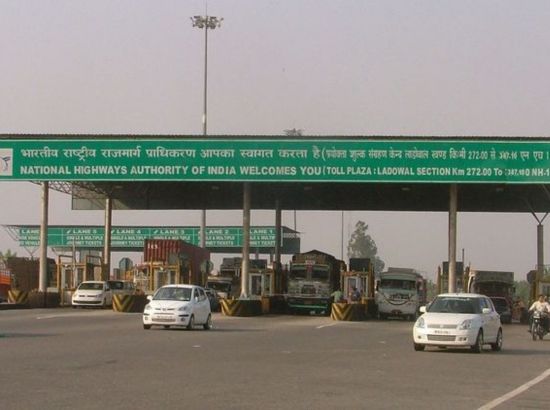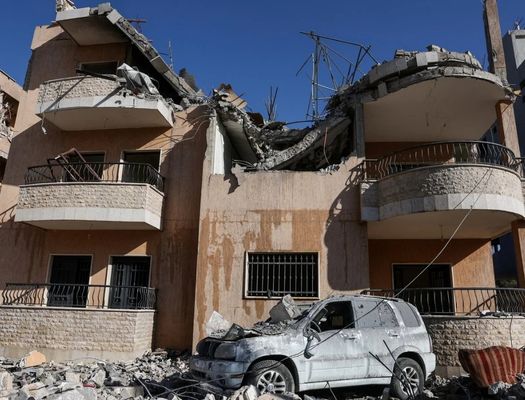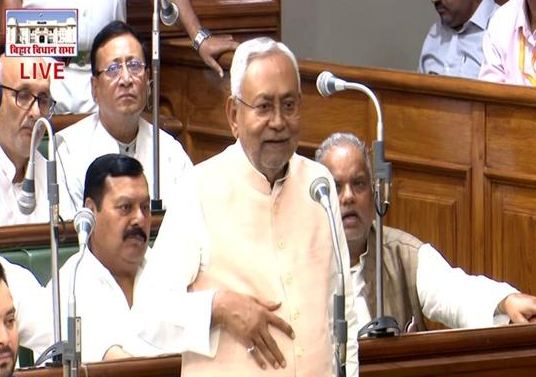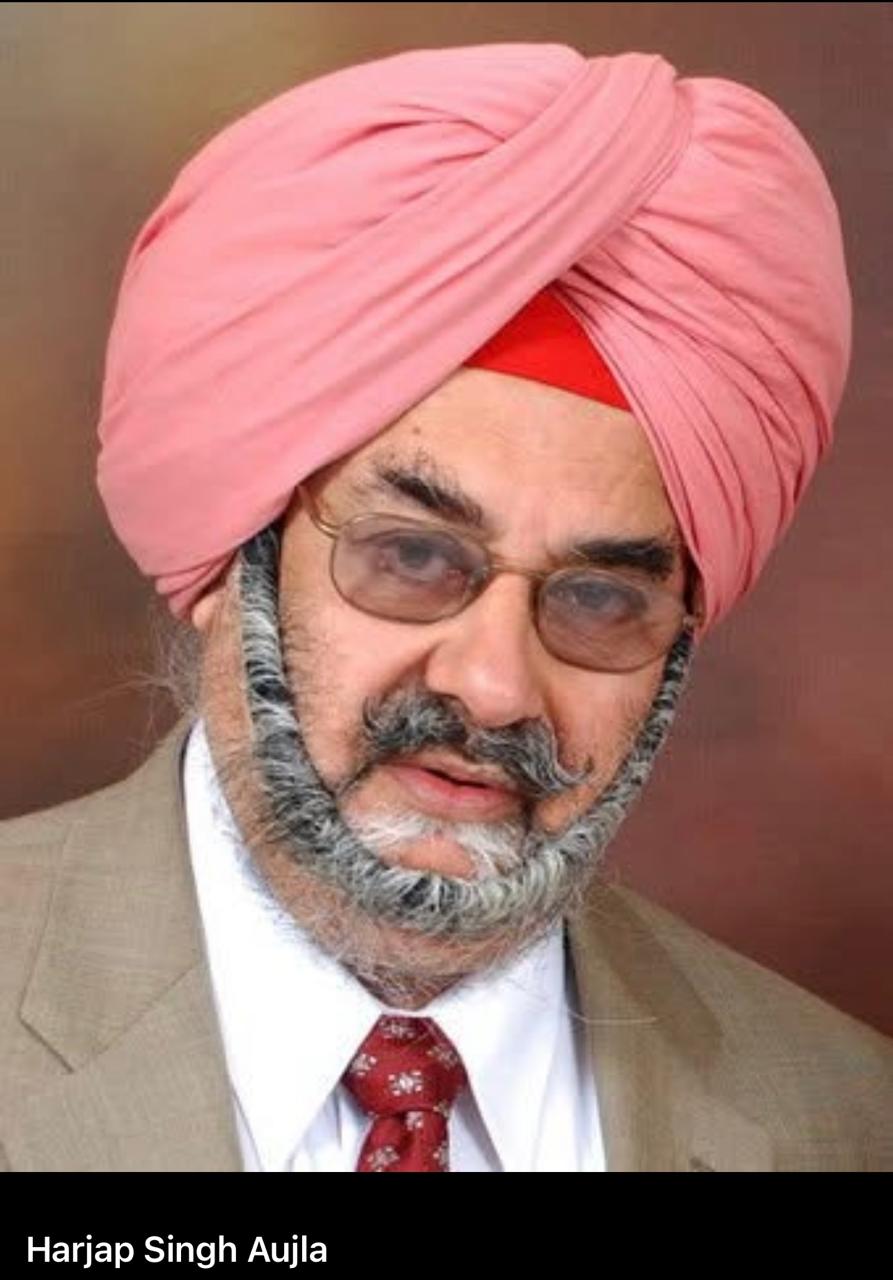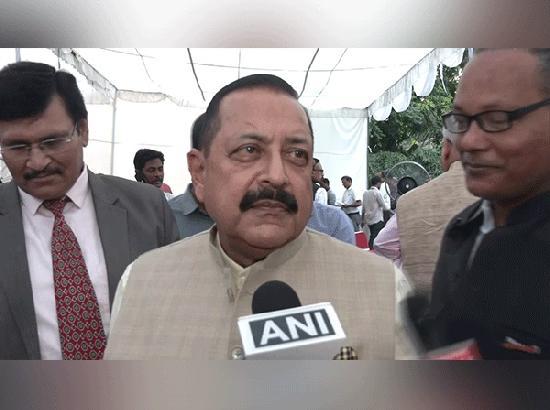MP Raghav Chadha raises air pollution issue in Parliament, highlights solutions to end stubble burning problem

The Fact News Service
New Delhi, December 4
AAP National Spokesperson and Rajya Sabha MP Raghav Chadha proposed a comprehensive initiative to support farmers in stubble management, in Rajya Sabha, today. The MP has called for the central government to provide assistance of ₹2,500 per acre to farmers, emphasizing that sustainable solutions to stubble burning require robust financial and policy backing.
He also pointed out that while the blame for the air pollution that North India is facing is disproportionately placed on farmers, the problem spans across multiple states and is fueled by several factors. He emphasised that this year, under AAP’s leadership, Punjab saw a remarkable 70% drop in stubble burning incidents, proving that progress is possible with the right support.
AAP’s Rajya Sabha MP, Raghav Chadha raised the concern over prevailing pollution in North India and its impact in Rajya Sabha, stating that North India is currently covered in a thick blanket of smoke. He said, “With every breath, we are unknowingly inhaling the equivalent of numerous cigarettes and bidis. Air pollution isn’t just Delhi’s problem; it’s a crisis affecting the entire region, spanning multiple states. Cities in the North, Bhagalpur, Muzaffarnagar, Noida, Hapur, Bhiwani, Agra, Faridabad face way more pollution than Delhi. Yet, the blame is disproportionately placed on farmers. Today, I stand to raise my voice in their defence.”
The AAP MP further stated that an IIT study shows that while stubble burning is one of the causes of air pollution, it is not the only one. However, the entire blame is unfairly shifted onto farmers. Throughout the year, we call farmers our gods and ‘anndata’. But come November, we label them as criminals, demanding they be fined or jailed.
Raghav Chadha asserted, “No farmer deliberately or willingly burns stubble. They do it out of sheer compulsion. This year, AAP ruled Punjab saw a reduction of more than 70% in stubble burning incidents. In contrast, states like Madhya Pradesh, Haryana, Uttar Pradesh, and Rajasthan reported an increase.”
The MP from Punjab emphasised that Punjab took up paddy farming to feed the country when there was a shortage of food grains. However, this has come at a great cost to Punjab. He said, “Our water table has dropped by 600 feet, our soil has degraded, and this is despite the fact that rice is not a staple food for Punjabis.”
He added that after harvesting paddy, farmers are left with stubble, which they have only 10–12 days to clear before sowing the next crop. If they don’t clear it in time, the yield of the next crop is adversely affected. This forces farmers to burn the stubble.
Raghav Chadha pointed out that solutions like Happy Seeders and Paddy Choppers come with a hefty price tag, requiring farmers to spend Rs 2,000–3,000 per acre to operate them. For farmers already struggling to break even, such expenses are unaffordable, leaving them with no choice but to burn stubble. Tragically, the worst affected by this toxic air are the farmers themselves and their families, who are forced to breathe it.
The AAP Rajya Sabha MP proposed a solution stating, “if we provide farmers in Punjab and Haryana Rs 2,500 per acre as immediate financial assistance to manage stubble, no farmer will burn it. Of this, Rs 2,000 should be contributed by the central government, and the state government will bear the remaining cost. This will offer a short-term solution to the stubble-burning issue.”
Raghav Chadha further stated, “As for a long-term solution, we need to promote crop diversification, moving away from paddy to crops like cotton, maize, pulses, and oilseeds. While we talk a lot about AI (Artificial Intelligence), we also need to talk about AQI (Air Quality Index).”

